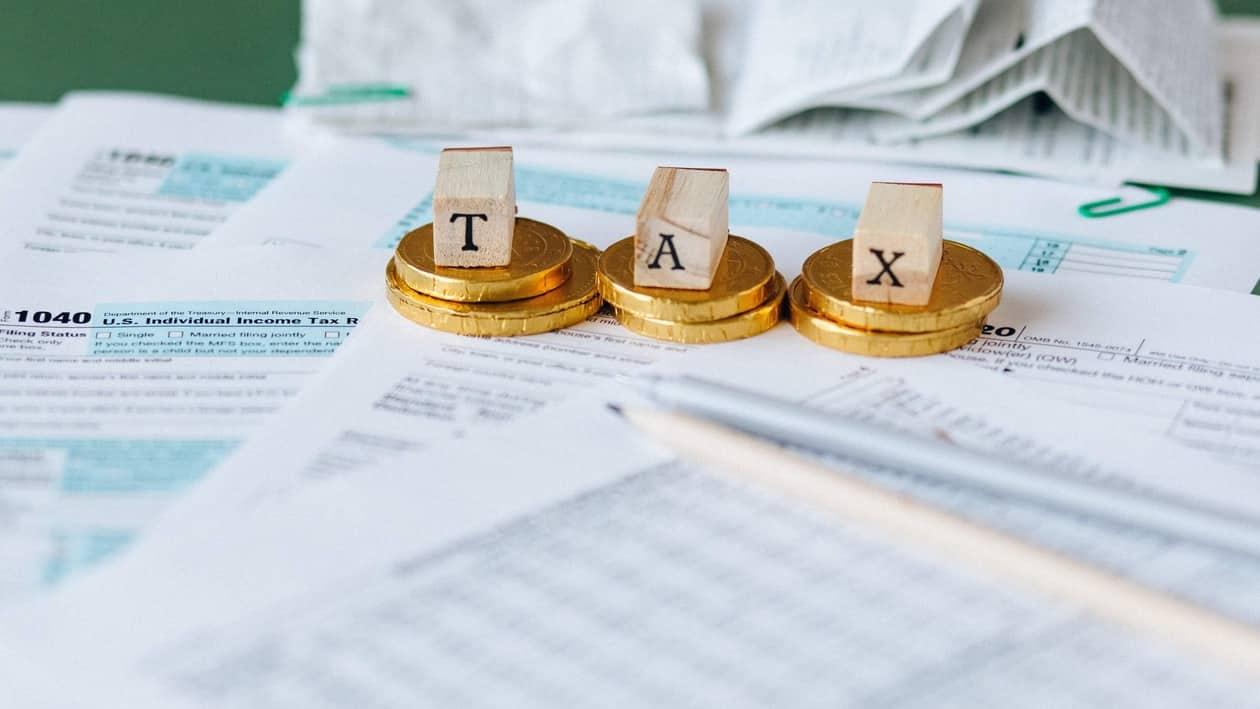Many individuals may decide to return to their home country after developing a good professional career abroad. However, NRIs must put a lot of thought into their preparation and planning before they can make a successful return to India.
When you return to India, it won't be simple to say goodbye to your NRI status and the associated tax advantages. The income-tax regulations controlling your wages, assets, savings, and money would significantly alter after you became an Indian resident.
A person who is an Indian citizen or a person of Indian origin who is not a resident of India is referred to as an NRI under Indian tax laws. The RBI publishes guidelines on a variety of NRI-related concerns. These regulations include both the establishing and upkeep of bank accounts in India as well as investments made inside and outside of the country.
Let us go through some important concepts before discussing the tax regulations.
Residential status
Determining a person's residential status is essential for taxation in India, especially for returning Indians. Depending on how much of the year they spend in India, NRIs who return may permanently lose their NRI status. Because you would be living in India for fewer than 182 days, you can still qualify as an NRI for that fiscal year even if you return after October. However, you would lose your NRI status for the entire year if you returned before October.
Returning NRIs either become resident but not ordinarily residents (RNOR) or resident and ordinarily residents (ROR) Indians after losing their NRI status. RNOR primarily serves as a temporary residence status granted to returning NRIs before they become regular Indian residents (ROR).
FEMA and ITA
The Foreign Exchange Management Act (FEMA) and the Income Tax Act are the two Indian laws that apply to returning NRIs regarding taxation and foreign investment (ITA).
Foreign investment and transactions involving Indian citizens outside of India are governed by the FEMA. This covers overseas bank accounts, foreign real estate, equities, mutual fund, and company investments, as well as international money transfers, remittances, borrowing, lending, and gifting. On the other hand, the ITA controls taxes and specifies how these investments should be taxed.
RNOR citizens
NRIs who return to India may lose their NRI status in the same year of their return, but they can continue to benefit from the tax savings as RNOR Indians for a few more years.
This is due to the fact that for Indian income tax purposes, RNORs and NRIs are considered equally. Similar to NRIs, RNORs are only subject to taxation on income earned in India and are not required to pay taxes on income obtained overseas. As long as you are an RNOR, your overseas income won't be taxed in India.
Tax considerations
According to the regulations, a person must notify the relevant organisations, such as banks, financial institutions, mutual funds, etc., of a change of domicile. For instance, if a person becomes a resident of India, the balances in their Non Resident Ordinary (NRO) accounts must be changed to resident status, i.e. a regular savings account.
An NRI who returns to India is permitted, under FEMA, to hold, possess, transfer, or invest in assets located outside of India. The clause, however, is only relevant if the asset was obtained while the person was a resident outside of India or was inherited from someone who was.
For a period of seven consecutive assessment years, wealth tax exemptions for money and assets brought into India by an NRI who was habitually resident abroad and who returned with the intention of settling permanently in India are typically available, with few exceptions.
Upon their return to India, NRIs who have received pensions from prior employment may need to pay tax on such pensions. This is dependent on the terms of any agreements between India and the nation receiving the pension to avoid double taxation.
The "transfer of residency" regulations pertaining to import taxes on furniture for expatriates returning to India are outlined in the Customs Act. These regulations provide the duty-free importation of personal and home products as well as a few other things on a list.
Therefore, returning citizens should concentrate on comprehending the influence on India's tax system and organise their tax affairs properly. Your homecoming trip will be easy if you prepare in advance and conduct adequate study on the best actions to do and items to select.
